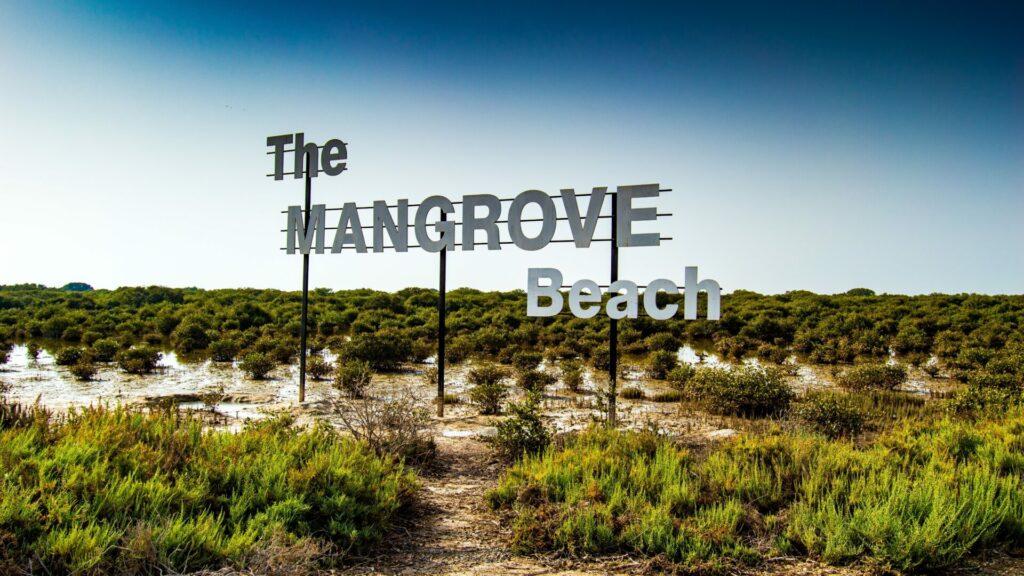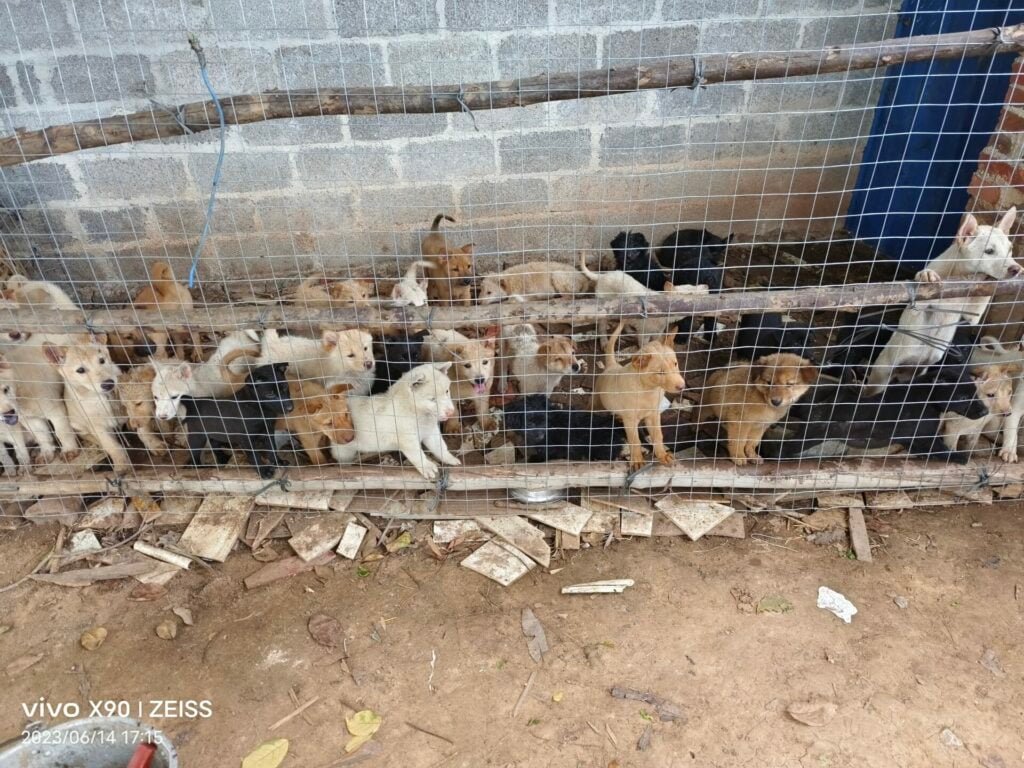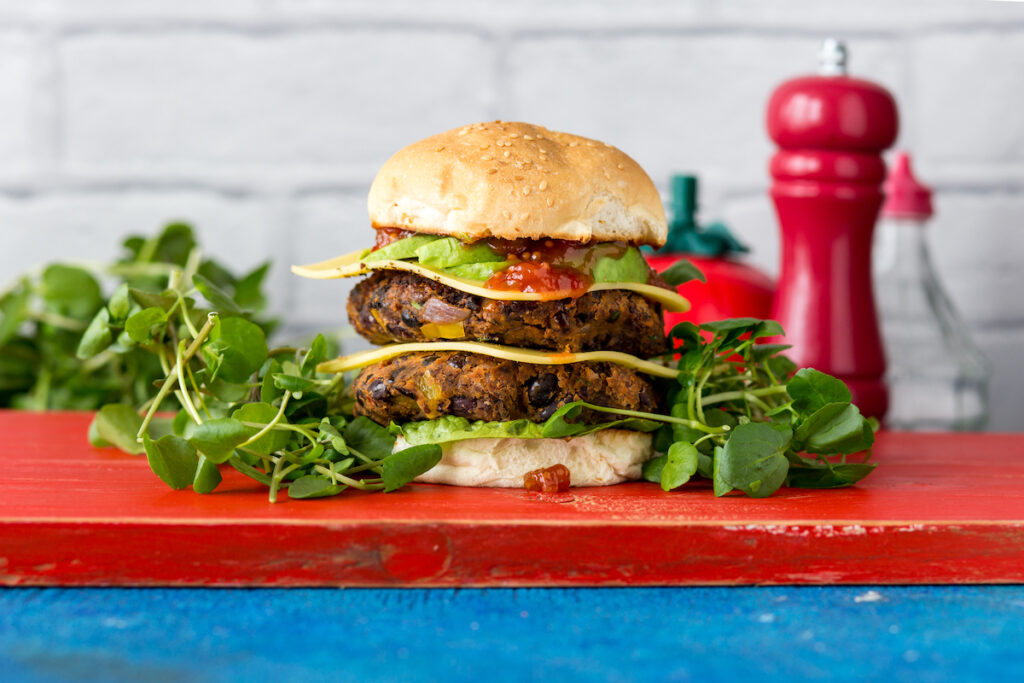Recycling: let’s be honest. The notion that around the world everyone is diligently picking through every bit of packaging and waste to sort and put it into the recycling is, quite frankly, rubbish. Every year we contribute to a staggering 2.12 billion tons of waste which end up in landfill with plastic making up almost 400 million tons of it.
Even more scary figures show that of the 9.1 billion tons of virgin plastic produced worldwide only nine per cent of it is recycled. Three per cent of worldwide plastic ends of in the ocean and yet each year we are making more and more of it.
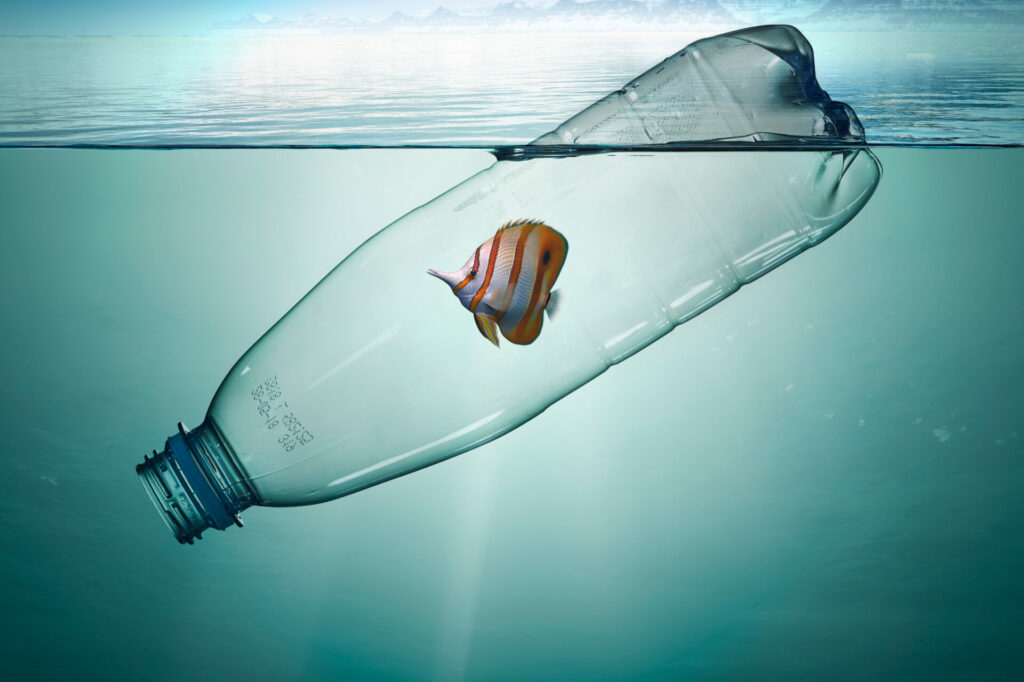
We are facing a climate emergency ‘of unparalleled proportions’, acknowledges the Global Recycling Foundation, which urges us all to take action now: ‘There are many ways in which we can all do our part in protecting the Earth’s natural resources and contributing to a ‘circular economy,’ it states.
Their mantra ‘reduce, reuse and recycle’ puts the planet first and makes total sense. After all, we only have a finite amount of natural resources, which are rapidly being turned into consumables, much of which ends up in landfill.
Recycling is said to prevent more than 771 million tons of CO2 emissions per year and is anticipated to reach 1.1 billion tons by the year 2030
As the Foundation, who created Global Recycling Day (18 March) to urge the public to adopt greener recycling behaviour and reframe how we see waste, says: ‘At some point, there will be nothing left. That’s why we must, as a planet, rethink what we throw away and see it as an opportunity rather than waste.’
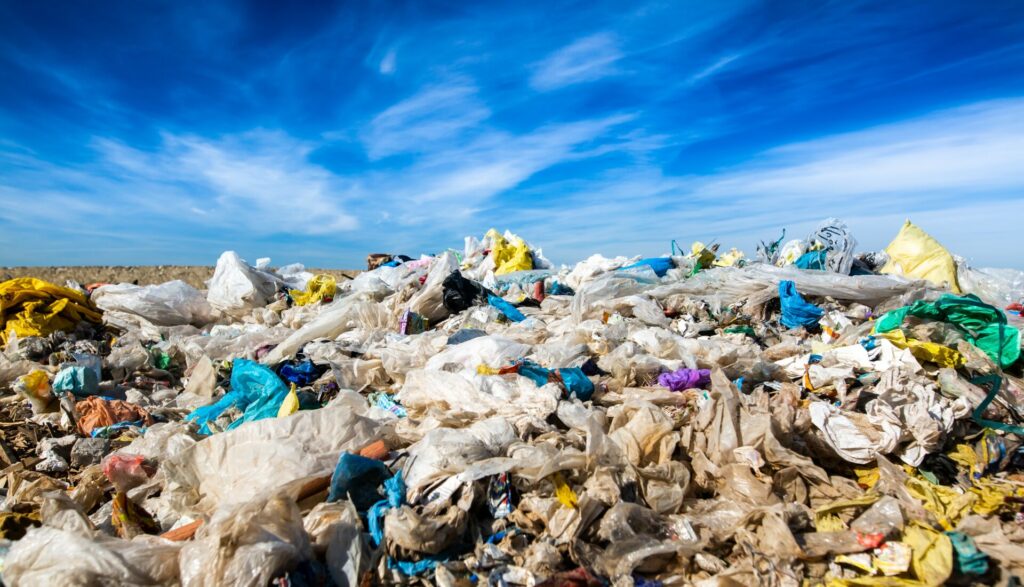
Recycling is said to prevent more than 771 million tons of CO2 emissions per year and is anticipated to reach 1.1 billion tons by the year 2030.
Recent research in the UK showed that 42 per cent of Britons agreed that recycling is the only eco-conscious behaviour they currently practice – but if that’s so why is much waste still ending up in landfill and how can we effectively dispose of it better to stop global warming and tackle the climate crisis?
‘Recycling is The Seventh Resource – it helps to preserve the six precious primary resources, with 40 per cent of the world’s raw material needs coming from recycled materials’
The easiest way is to reduce the amount we use and consume daily. That means looking at every part of our lifestyle from the amount of food we buy, cook and waste through to the clothes hanging in our wardrobe(hands up if you still have items with tags on more than six months after you bought them?) through to the total elimination of single-use plastics, which, while hard, is now definitely do-able.
Recycle, Recycle, Recycle
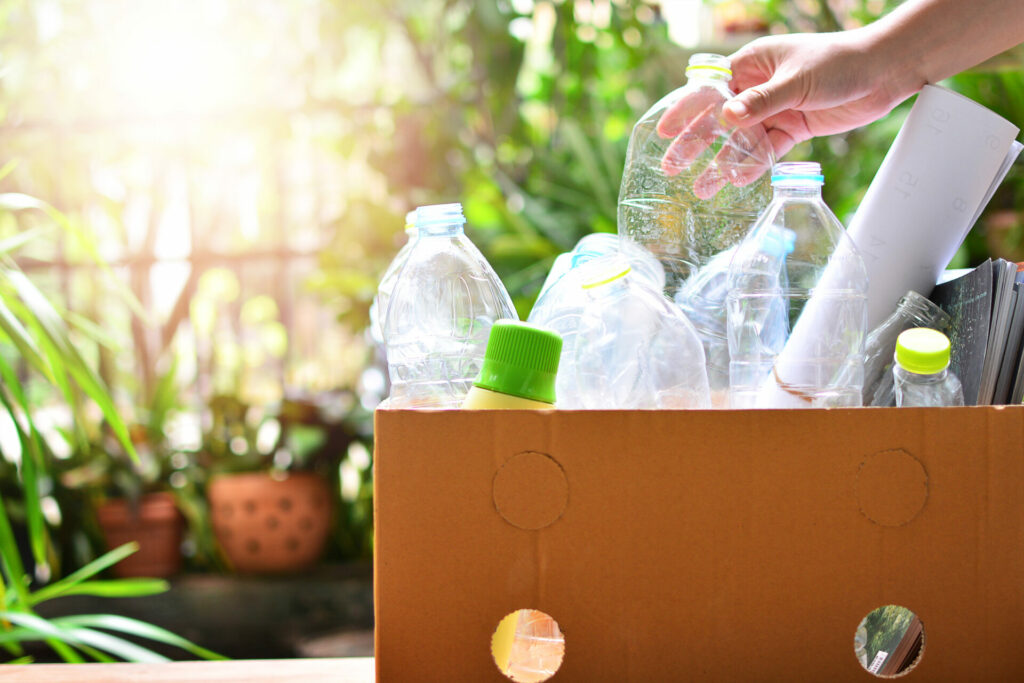
Recycling can literally save the earth. We have six main, important natural resources: water, air, oil, natural gas, coal and minerals. These won’t last forever and will run out so we need to be mindful about the materials we use and products we buy.
But, says, The GRF, there is a solution: ‘The Seventh Resource, also known as recycling. Recycling helps to preserve the six precious primary resources, with 40 per cent of the world’s raw material needs coming from recycled materials.’
As well as combating climate change with the saving in CO2 emissions, recycling offsets the annual CO2 emissions generated by the aviation industry. ‘It also boosts employment around the world, creating jobs in the recycling industry and contributing to global GDP,’ says the Foundation.
So here at The Ethicalist we’ve spoken to sustainability experts SaveMoneyCutCarbon to show just how easy it is to reduce plastic usage daily, waste less and recyle more globally and in the UAE.
Know Your Non-Recyclables
Nearly half of all the waste – 45 per cent – generated in the UK is sent for recycling but was never recycled. Why? Because of waste contamination: putting items in recycling that don’t belong there. That’s because many of us don’t know what can and can’t be recycled, but by keeping the below out of recycling it will keep contaminated waste out of landfill. The below items are non-recyclables:
- Food waste
- Food-tainted items (such as: used paper plates or boxes, paper towels, or paper napkins)
- Plastic wrap
- Packing peanuts and bubble wrap
- Photographs
- Polystyrene or styrofoam
- Plastic toys or sporting goods equipment
- Foam egg cartons
- Light bulbs
Bulk Buy
Less packaging is used to make bigger products than multiple individual products, and it’s usually cheaper, too. For example, buy one larger bottle of (natural) shampoo or (eco) washing detergent rather than two smaller bottles.
Invest In Reusable Containers
On average, a school child’s packed lunch creates 67lbs (30kg) of waste each year. Using SaveMoneyCutCarbon’s Stasher Bags can save millions of plastic bottles going to landfills as they’re endlessly reusable, with multiple purposes. Pack the children reusable cutlery in their rucksack, too.
Buy A Reusable Water Bottle
The UK alone uses more than 35 million plastic bottles every day. Carrying around a reusable water bottle drastically reduces your plastic use, gives you endless opportunities for fresh water constantly, and saves money. The same is true for a reusable coffee cup – 2.5 billion coffee cups are thrown away every year in the UK. Worse yet, only one in 400 is recycled.
Buy Loose
Opt for loose fruit, vegetables and dry goods where possible and make the most of the bulk aisle, local refill or zero waste shops, or outdoor markets.
Natural Beauty
Single-use wipes are made from non-biodegradable materials such as polypropylene that pollute the environment. What is worse, whether flushing disposable pads down the toilet, or putting them into waste bins, polypropylene is a type of plastic waste that can leech into our water sources and soil when it’s dumped into landfills. Instead, use eco-friendly and reusable bamboo pads. Made from a combination of bamboo and cotton, they are soft and durable and can be rewashed and used again and again.
Ditch Cling Film
Cling film is one of the biggest perpetrators of plastic pollution and is widely used with 1.2 billion metres of single-use cling film used by households across Britain every year. The trouble is it takes 450 years to decompose HDPE through landfills. There are plenty of good, plastic-free alternatives including reusable, BPA free, food-grade silicone food covers. These reusable stretch lids for containers are designed to replace single-use plastic clingfilm, reducing not only plastic waste but also food waste.
To see more environmental stories like this visit our CHANGE section.





